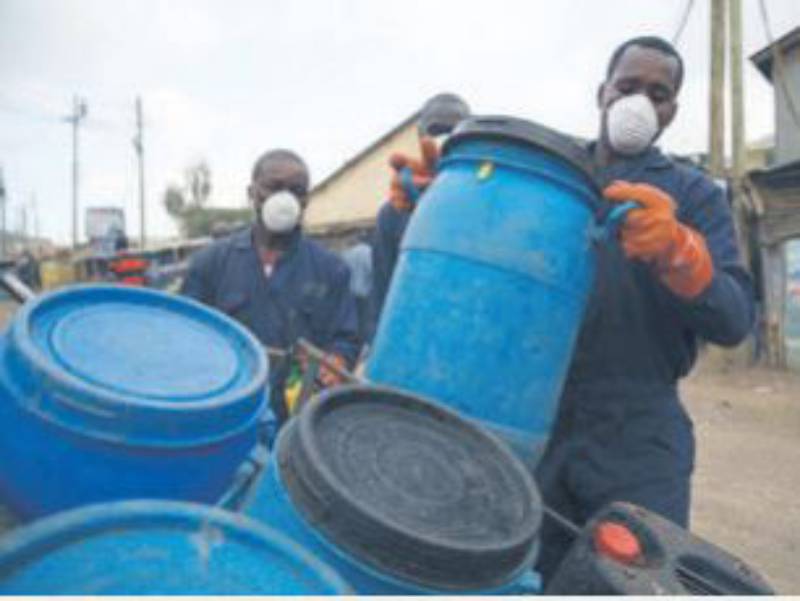×
The Standard e-Paper
Stay Informed, Even Offline

Kenyan farmer Victor Kyalo’s chickens have doubled the number of eggs they are laying. The reason: Human excrement.
He is feeding them food from a Nairobi-based organics recycling company. Sanergy harvests waste from toilets it operates in a franchise network in Nairobi’s sprawling slums and feeds it to fly larvae, which become high-quality animal feed.